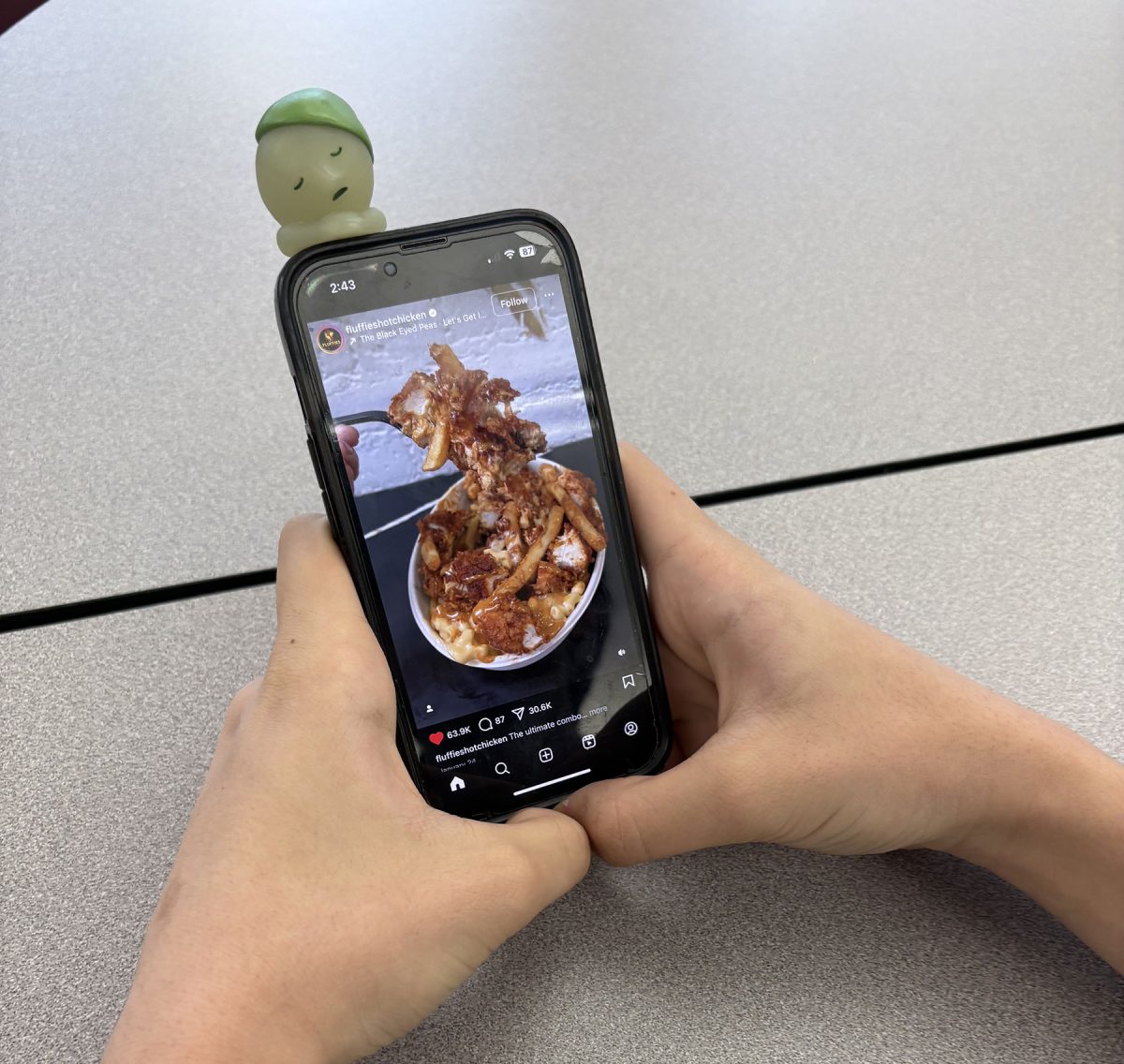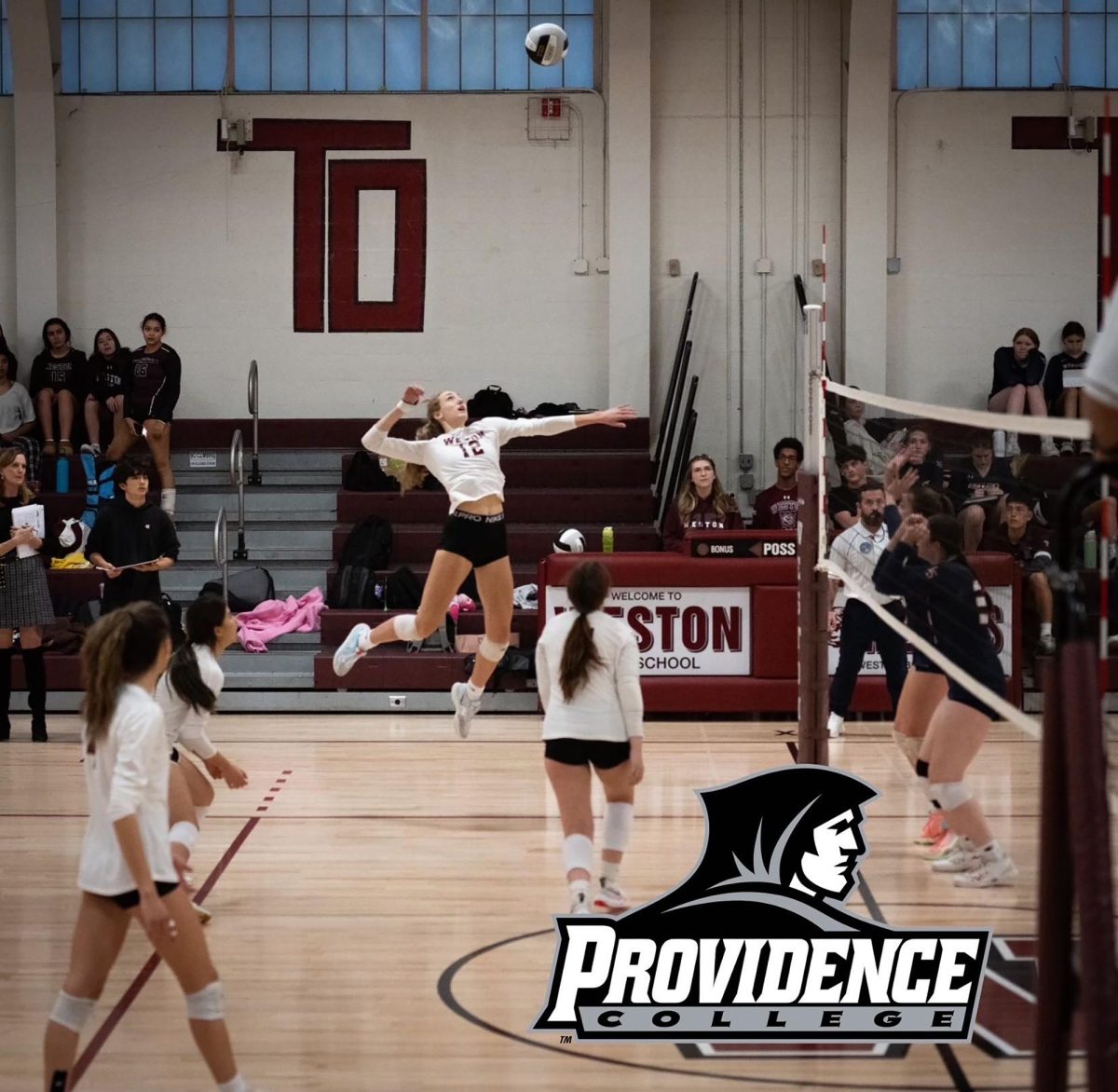We live in a time dominated by social media, and with this comes an influx of concerns about misinformation, chronic overuse, and its overall mental health impact. Despite these concerns, I believe social media can be beneficial, if used selectively to connect and learn, but without believing everything it presents.
As a user of social media, I acknowledge the fact that it can be beneficial, but I believe it causes more harm than good if used irresponsibly. Social media offers the benefit of connecting with friends and family, curing boredom, and sometimes offering reliable resources to help people going through difficult times.
According to an article published by the American Psychology association, “Online social interaction can promote healthy socialization among teens, especially when they’re experiencing stress or social isolation. For youth who have anxiety or struggle in social situations, practicing conversations over social media can be an important step toward feeling more comfortable interacting with peers in person,” (www.apa.org).
Social media is also a great tool for staying connected with family and friends. While the internet has already made communication much easier, social media takes it a step further by making it even more convenient and accessible.
“I use social media to send funny videos to my friends and family, and it always makes us laugh,” said sophomore Hunter Schmitt. “It’s a great way to connect with my friends from other towns, and my family in other places in the country.”
Along with these benefits, however, come certain disadvantages. I’ve noticed an overwhelming amount of misinformation on social media, likely because anyone can post whatever they want. In some cases, people intentionally share misinformation to cause harm, and as it spreads, it creates a continuous cycle of false information being circulated.
According to statistica.com, 67% of Americans believe that fake news causes too much confusion.
“When we used to rely on standard news sources, there was always fact checking involved, but now there is so much misinformation because that isn’t happening anymore,” said health teacher Mitch Finnegan. “We saw a lot of this during the COVID-19 pandemic, which caused harm to many people.”
The many false narratives and “cures” being spread in the early days of COVID-19 caused people to try and take matters into their own hands, causing a negative impact on their physical health. I personally can recall many times where I heard that disinfectants can help stop the spread of the COVID virus, which technically isn’t wrong, but it led to people twisting that information until it harmed others.
According to an article titled “the Dangers of Misinformation in the COVID-19 Crisis,” published by the National Library of Medicine, “on June 5 [2020], the Centers for Disease Control (CDC) reported a steep increase in calls to poison centers regarding exposure to household disinfectants. A CDC survey of 502 adults in the United States found that 39% of responders engaged in dangerous practices including washing food products with bleach, applying household cleaners directly to skin, and intentionally inhaling or ingesting disinfectants with the goal of preventing COVID-19 infection” (https://pmc.ncbi.nlm.nih.gov).
In addition to misinformation causing problems, social media can also often leave users with feelings of jealousy and dissatisfaction with their own lives. I’ve noticed this a lot, especially since people tend to share only the highlights of their lives on social media. This can create the illusion that happiness and success are the only emotions we should experience, making it easy to forget that struggles and challenges are just as normal.
“A lot of the time it’s a false image of what people think others want to see or that they think looks good,” said school counselor Danielle Mitchell. “So, yes, it impacts people’s self-esteem and confidence in what they do or what they look like.”
These negative effects are hard to avoid because social media is intentionally designed to be addictive, leading many people to engage in excessive use. This constant engagement can negatively impact their mental health over time.
According to an article written by UC Davis Health, “The addictive nature of social media activates the brain’s reward center by releasing dopamine. This is a ‘feel-good chemical’ linked to pleasurable activities. When we post something, our friends and family can ‘like’ it, giving us a boost of dopamine. However, when we don’t get that boost or approval, it can impact our sense of self and adequacy” (https://health.ucdavis.edu).
Given this combination of positive and negative impacts of social media, I would recommend users become more thoughtful about how much time they spend on social media as a start. Resist the addictive nature of the apps, and set clear time limits to use.
When viewing others’ posts, remember that what you see online is often an idealized version of the posters’ lives, so comparing yourself to them creates false assumptions that can be harmful and should be avoided. Finally, become a skeptical user of the information you find on social media. If you read advice or “facts” that seem odd or extreme, check into them by searching authoritative news sources or scholarly publications to verify those facts before acting on them. Social media can be a helpful tool, but users must engage with it thoughtfully.










